|
BLOG
Korte and Associates
News
GET THE LEGAL ASSISTANCE YOU REQUIRE AT THIS MOMENT
|
Statute of Limitations in Florida Mortgage Loan Foreclosure Lawsuits

The term “statute of limitations” may have been thrown around before and you have probably heard it, but do you know what it means? “Statute of limitations” is a legal term referring to the period of time by law within which someone has to file a lawsuit, if at all, depending on the type of lawsuit to be filed. If the party—referred to as the “plaintiff”—who intends to file a lawsuit fails to file the lawsuit within the particular time period required by the applicable statute of limitations, the law dictates that that party is barred from later filing the lawsuit . So essentially, the “plaintiff” only has a limited amount of time to create and file another case against someone else- known as the “defendant”. If time passes, and the plaintiff does not file the lawsuit in enough time, then the plaintiff will forever lose their opportunity in filing that lawsuit. Because there are different time periods, or statute of limitations, associated with different lawsuits, it is vital to know which time period you might face or are currently dealing with.
For lawsuits in Florida involving a Promissory Note and/or a Mortgage, the applicable Florida statute of limitations is found in Section 95.11 of the Florida Statutes. Whether the lawsuit involves only a Promissory Note, only a Mortgage, or both a Promissory Note and a Mortgage, the applicable Florida statute of limitations in such instances is five (5) years. Regarding promissory notes, Subsection 95.11(2)(b), Florida Statutes, states in pertinent part:
“Actions … shall be commenced as follows: within five years [for] a legal or equitable action on a contract, obligation, or liability founded on a written instrument….”
Because a promissory note is a loan that creates a legal obligation that is set forth in a written contract—that is, the actual Promissory Note itself—any lawsuit to attempt to collect the loan debt must be brought within five (5) years of the event that constitutes a breach of the Promissory Note.
Likewise, regarding mortgage foreclosures, Subsection 95.11(2)(c), Florida Statutes, states:
“Actions … shall be commenced as follows: within five years [for] an action to foreclose a mortgage.”
Similar to a lawsuit involving a promissory note, the lawsuit brought to foreclose a mortgage must be within five (5) years within the event in order to cancel out the mortgage. Promissory notes and mortgages are very similar due to the fact that there are multiple situations that may cause a cancelling of the promissory note or the mortgage. The most common type of breach is a default on the promissory note and/or mortgage.
While there are various events that may cause a default of the note or mortgage, the most common way is when the borrower stops paying the mortgage before it is fully paid. Typically, most mortgage payments are paid monthly, so consequently, the date that the payment would be due is the due date of the month right after the borrower stopped making payments. For example, if your mortgage payment is due by the first day of every month until the mortgage loan is paid off in full, if the last time that you made a mortgage payment was in December of 2017, the default date would be January 1, 2018. Five (5) years from the default date of January 1, 2018, is January 1, 2023 . So, if the lender is going to sue you for not paying the correct amount on a promissory note or trying to foreclose a mortgage, they must file the lawsuit no later than January 1, 2023.If they do not, as mentioned above, they will forever lose the opportunity to pursue legal action against you.


